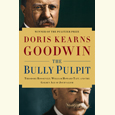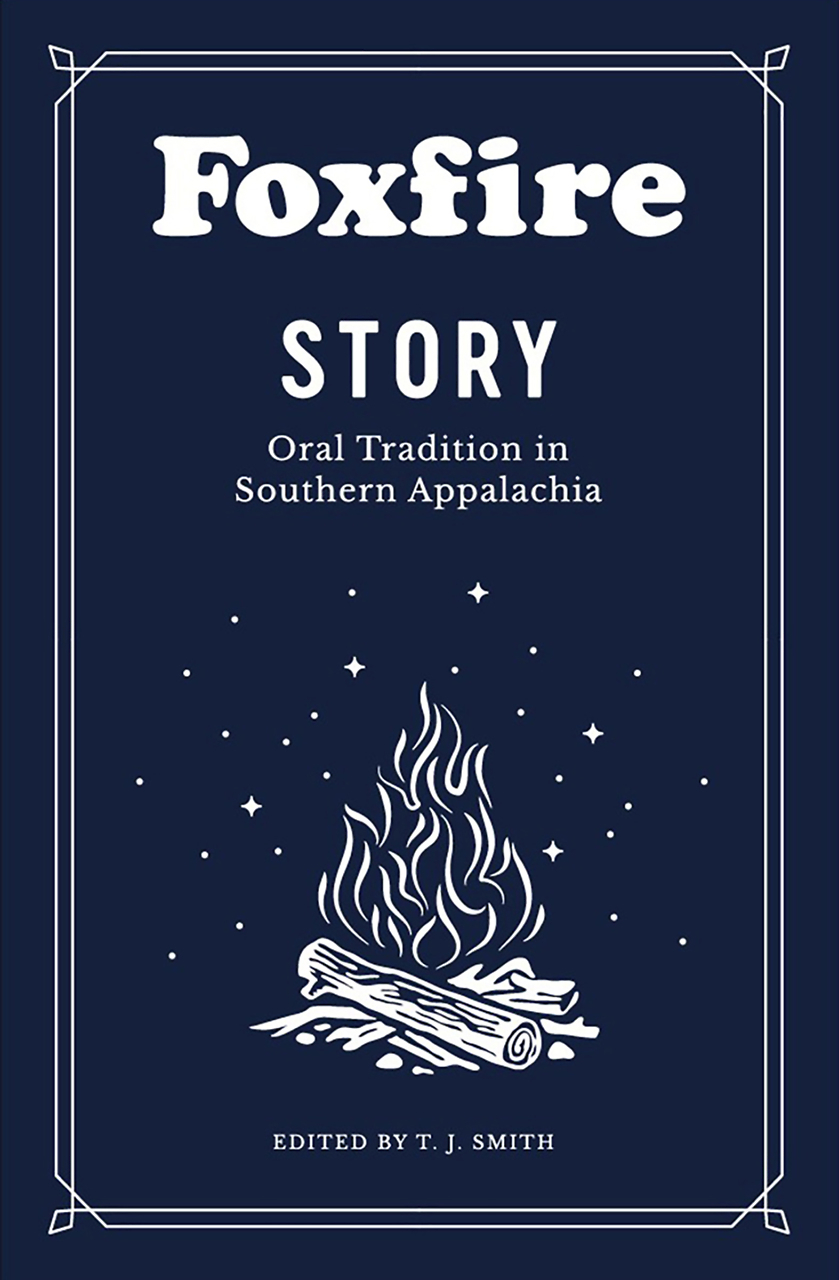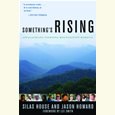First Love
A daughter seeks to fulfill her mother’s last wish in Here Lies
“Before I began, I loved her. This was what I knew. Before bones and blood and body, before egg.”
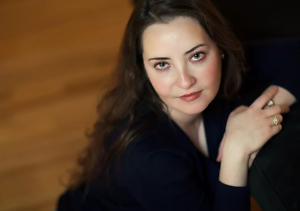
In the opening line of her debut novel, Here Lies, Olivia Clare Friedman captures an emotion that is both foundational and indefinable, a feeling so primordial it predates our own memory of existence: a child’s love for a parent. Friedman explores this love with power and insight.
The year is 2042 in St. Genevieve, Louisiana, and Alma Guidry has lost everything. Her mother Naomi is dead, and neither her body nor her cremains can be accessed. All burial rights in the U.S. have been removed due to the effects of climate change, and only under the most extreme circumstances can individuals acquire a loved one’s urn and ashes. Alma’s primary goal is to get her mother’s urn and find a way to honor her mother’s last wish to be buried. The journey to accomplish this will lead her to a series of incredible women, all wounded in their own ways, who become not only her new family but also her primary means of coping and moving forward.
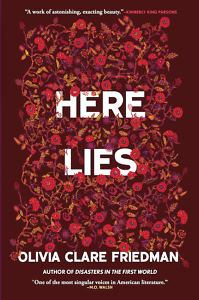 Friedman grounds the immensity and elusiveness of this mother-child love story in the tangible truth of Naomi’s death. Grief and its complexity are central themes of the book, and as the story evolves, she continues to juxtapose the more subjective aspects of it with the factual and physical. This creates a balance and also an opportunity. Grief is so often a struggle with the conflicting nature of grief’s pain, the duality of being emotionally marred and also physically unhinged. In contrasting these, Friedman captures the whole experience of loss.
Friedman grounds the immensity and elusiveness of this mother-child love story in the tangible truth of Naomi’s death. Grief and its complexity are central themes of the book, and as the story evolves, she continues to juxtapose the more subjective aspects of it with the factual and physical. This creates a balance and also an opportunity. Grief is so often a struggle with the conflicting nature of grief’s pain, the duality of being emotionally marred and also physically unhinged. In contrasting these, Friedman captures the whole experience of loss.
One of the first illustrations of this contrast occurs early in the book, when we find Alma at her family home preparing for a huge storm named Miranda. Alma has met a woman, Bordelon, and invited her to ride out the storm with her. After a night of drinking, the two of them are well buzzed, and the hurricane is pounding against the house, taking on a life of its own. Alma notes, “Miranda gathered wind. Miranda knocked at the roof. Miranda shouted at the windows, wailed for our attention.”
Friedman ties Alma’s emotions and uncertainty with the storm. It becomes her turmoil and puts form to the insecurity she feels physically and emotionally. Miranda becomes Alma’s grief. We feel her desperation in the wailing gale, but we also sense it in the emptiness and deterioration of the house. Having Bordelon, an outsider, present allows Alma to perceive the physical signs of sorrow more clearly. Bordelon also lets Alma recreate the care her mother gave her. As she tells the story her mother used to tell — of two lovers who helped gods in disguise and as a result were granted a request to die together and become intertwining trees — Alma begins to see herself and her life with new eyes:
But I was letting the roof lose shingles, the kitchen linoleum pucker, the back stoop sprout weeds. I made myself think of something else. I imagined those mythical lovers as trees, hanging on, and then my head felt full, and awake, and brimming, the crown of my skull alive.
This is only the first time Friedman will allow us to hear, see, touch, smell, even taste Alma’s grief, grounding the massiveness of these unspeakable pains in sensory details. And yet, we have moments where the dislocation of loss is keenly felt. As she notes her head being full and brimming and alive, we understand Alma is indicating drunkenness; nonetheless, there is a point where we wonder if this isn’t also Friedman putting words to the wordless. A loss becoming such a real and impenetrable thing that even one’s own mind must float above the truth.
Friedman does her greatest work in putting language to emotions that feel too large. She is unafraid to embrace something lyrical to get at something ineffable. The contrast between what is felt and what is touched is the lifeblood of this book. What is grief but the struggle to put words to what is inexpressible? Alma learns to cope with her mother’s death in part by finding other people who speak this silence, who understand loss. Those very people are the ones who may help settle her mother’s final wish. Though as with many quests, sometimes the answer we find is entirely and perfectly unexpected.

Jessica Ciccarelli is a nonfiction writer who graduated from Berea College and holds an M.F.A. from New York University. Her work has appeared in Harvard Review. She lives in Kentucky, where she is working on a memoir set in Louisiana about loss and returning home.
